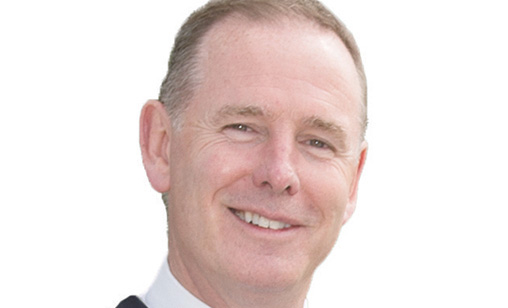Addendum
New Etihad Group boss puts broom through airline’s management
July 1st 2018
Following his appointment early this year, Etihad Aviation Group CEO, Tony Douglas, has replaced the senior management team at Etihad Airways and sidelined the carrier’s CEO, Peter Baumgartner, to the role of his senior strategic advisor on global partnerships and innovation. Read More »
The new leaders will report directly to Douglas, who has assumed responsibility for Etihad Airways. The seven restructured business units are operations, commercial, maintenance, MRO, human resources, finance, support services and transformation.
 |
“The reorganization is the next step in in ensuring the group is fit for purpose to prosper as a people-focused business driven by innovation, safety and responsibility to support Abu Dhabi’s vision,” the airline group said.
“We recorded an improvement in our operating results for 2017 and are confident we are back on track this year, strengthening our position group-wide after a period of consolidation,” said Etihad Aviation Group chairman, Mohamed Mubarak Fadhel Al Mazrouei.
Last month Etihad Airways announced a US$1.52 billion loss for its latest financial year, a result that followed a US$1.95 billion loss in 2016. It will retain its holding in profitable Air Serbia, has sold its interest in Darwin Aviation and is assessing its order for 25 B777X jets at $426 million each. Neither Boeing nor Etihad would comment on the subject, Reuters said.
Etihad also is assessing its support of troubled equity partners, Alitalia and airberlin, which have lost US$800 million for the group. The company also has holdings in Virgin Australia and India’s Jet Airways.
Will it opt out of Virgin Australia? The carrier’s group executive, Rob Sharp, speaking in Sydney last month only would say Etihad had to “react to its environment”. “We actually [just] met with them and were talking about what we could do to enhance that relationship. For us, demand for Australia over Abu Dhabi and back is very strong and the relationship is very sound,” he said.
Etihad put its best spin on the latest loss. It said the results showed administration and general expenses were 14% lower over 2016 and unit costs were reduced by 7.3%, despite the adverse impact of higher fuel costs of $337 million. Analysts said it is unlikely Etihad will make a profit this year
It reduced its fleet from 119 airplanes in 2016 to 115 last year and revenue in 2017 inched ahead to $6.1 billion from $5.9 billion in the previous 12 months. Passengers carried rose marginally to 18.6 million from 18.5 million in 2016. Etihad received 12 new aircraft last year and cancelled unprofitable Abu Dhabi to Dallas/Fort Worth, San Francisco, Tehran, Venice, Jaipur, and Entebbe routes.
IAG group CEO, Willie Walsh, said at the International Air Transport Association annual general meeting last month: “I always have had respect for the Middle East carriers because face to face, going directly into competition with them we have been able to do it in a successful way.”
However, Walsh questioned if there was room for a third carrier in the Gulf. “Etihad changed the landscape a bit because everybody knows it was playing catch up and it was doing things people questioned,” he said.
“I am not having a go at James (former CEO of Etihad Airways). He is retired and I wish him the best. But looking at the strategy they pursued, people were questioning its sustainability.”